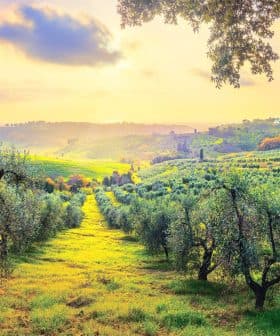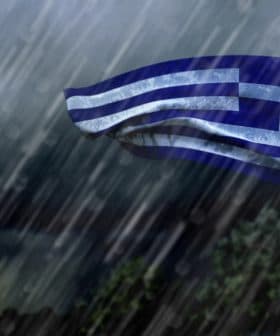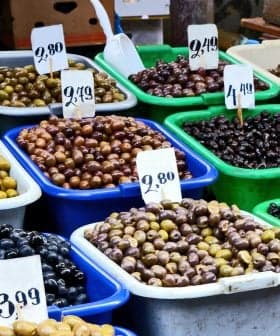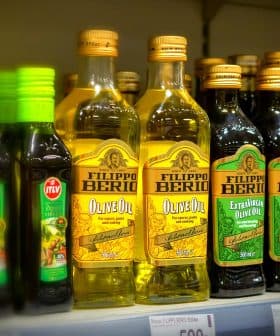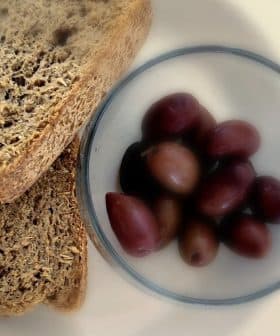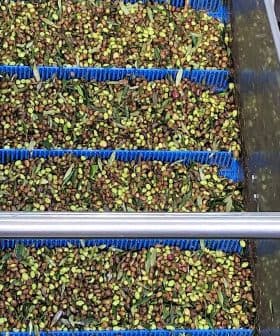Bottlers Dispute Application for Crete PGI
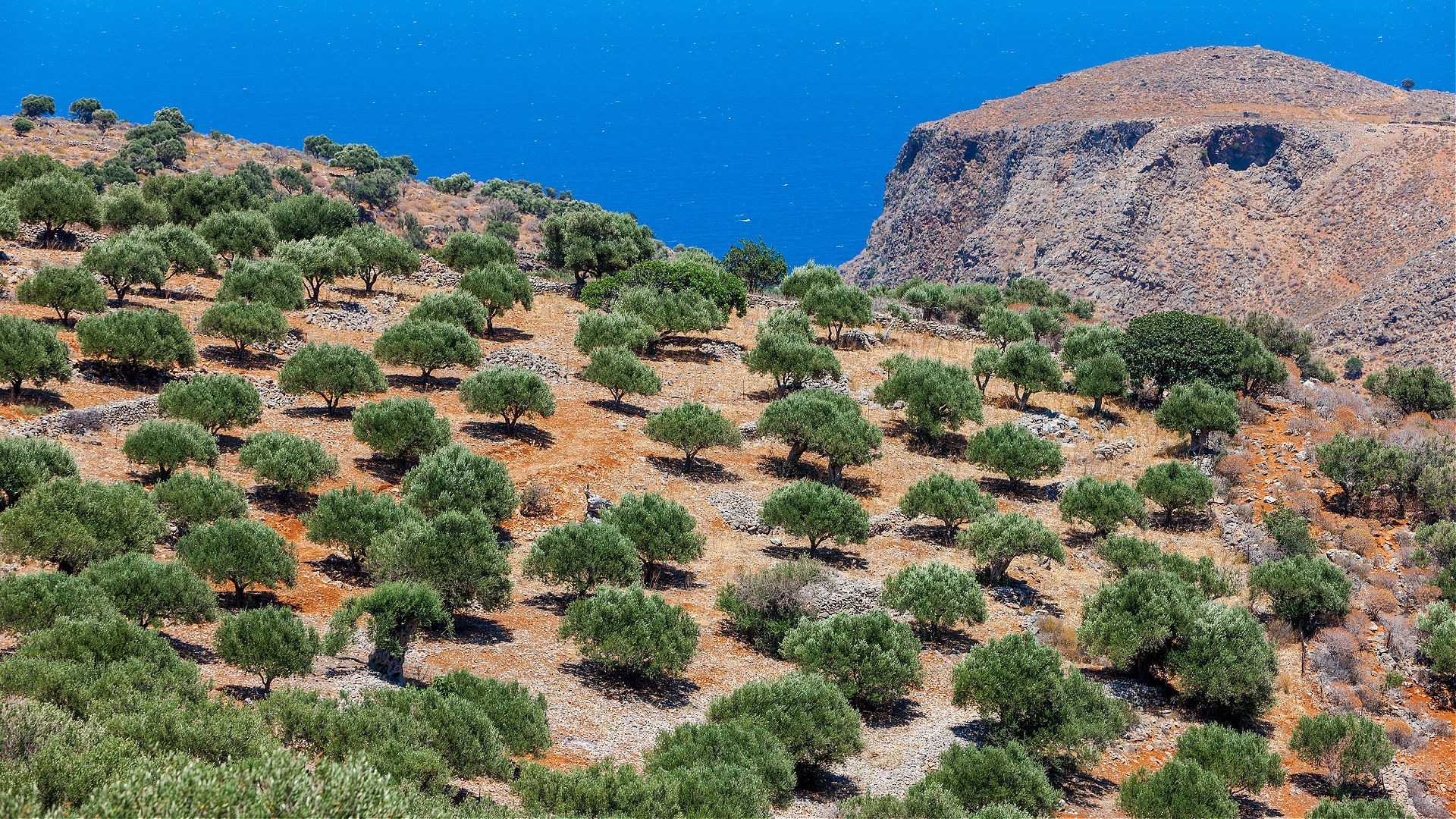
A debate has arisen between olive oil producers in Crete and Sevitel over the Cretan producers’ application for a PGI label to market their olive oil under one common name, with Sevitel objecting to the application. The Cretan producers aim for the full production process of their olive oil to take place exclusively on the island, while Sevitel is concerned about the impact on bottlers outside of Crete and the unobstructed circulation of products and services.
A heated debate between olive oil producers in Crete and Sevitel, the association of Greek bottlers of olive oil, has ignited over the intention of the Cretan producers to market their olive oil under one common PGI label.
Α group of Cretan producers representing all the island’s regions has submitted an application to the Greek Ministry of Agriculture to obtain Protected Geographical Indication (PGI) status for the name “Crete” with the European Union.
We remain firm in our position and we do not negotiate the view of Sevitel to send our olive oil in bulk for bottling all over Greece.
With their application, the Cretan producers aim for the full production process of Cretan olive oil to take place exclusively on the island, including the harvesting, processing and bottling of the olive oil.
In response to the application, Sevitel has lodged an objection with the ministry to block the process, claiming that the olive oil produced in Crete should be allowed to be bottled anywhere else in the world.
See Also:Europe Seeks Public Input in Effort to Framework for Geographical IndicationsA PGI label is a geographical indication attributed to food products linked with a specific area of an E.U. member state that satisfies several criteria with at least one of the production, processing or preparation of the product taking place within the particular area.
Sevitel’s reasoning to object is based on the stipulation of the E.U.‘s regulation pertaining to Protected Designation of Origin (PDO) and PGI labels for the unobstructed circulation of products and services when labels are granted.
Large quantities of the Greek, and by extension the Cretan, olive oil produced each year are exported in bulk to extra‑E.U. destinations and Italy for bottling, with Greek producers enduring the loss of selling an unbranded product compared with a branded olive oil.
The Cretan producers are looking to capitalize on their product, while Sevitel is trying to protect the vested interest of bottlers outside of Crete: the island accounts for almost a third of Greece’s annual olive oil production and being unable to acquire Cretan olive oil would deprive bottlers of an important resource.
“We remain firm in our position, and we do not negotiate the view of Sevitel to send our olive oil in bulk for bottling all over Greece, ” the producers’ association of Heraklion said in a press release.
See Also:Row Over Kalamata PDO Divides Opinions in Greece“The term protected geographical indication in itself allows us to understand that it refers to a specific, delimited area with all that derives from it, that is, all the procedures to be done in the specific area,” they added.
“It is not only about the olive oil per se, but also about the local facilities and the people of Crete to work, the local sellers of packaging materials, the transport companies, the whole olive oil production infrastructure required for Cretan olive oil to leave the island packaged,” the association concluded.
No consensus on the matter was reached during a recent telemeeting between the two parties.
The objection of Sevitel will be examined by the appeal committee of the Ministry of Agriculture within five months from filing, the ministry told Olive Oil Times in an email message.
If the Cretan producers’ application for a PGI label is accepted, it will be forwarded to the European Commission for further evaluation.


